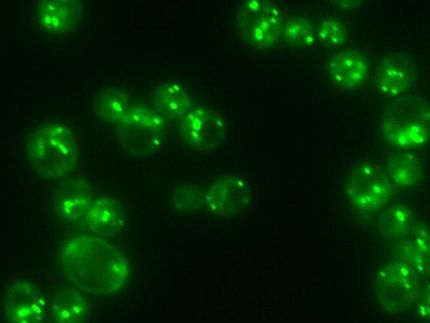Largest-ever database for liver proteins may lead to treatments for hepatitis
Advertisement
Scientists at a group of 11 research centers in China are reporting for the first time assembly of the largest-ever collection of data about the proteins produced by genes in a single human organ. Their focus was the liver, and their massive database in both protein and transcript levels could become a roadmap for finding possible new biomarkers and treatments for liver disease. Those include hepatitis and liver cancer, which is at epidemic levels in China and affects millions of people worldwide. Part of the China Human Liver Proteome Project, which was officially launched by the Ministry of Science and Technology of China (MOST) and chaired by Fuchu He, the study appears in the Journal of Proteome Research .
He and colleagues point out that the liver plays many essential roles in the body, such as producing digestive enzymes, hormones, most of the proteins in the blood, storing carbohydrates for use in supplying energy to the muscles, and activates and breaks down drugs. Despite that key role, huge gaps likely exist in scientific knowledge about proteins involved in these activities.
Using 10 tissue samples of healthy liver from volunteers, they identified 6,788 non-redundant proteins in the liver samples, the largest group of proteins ever identified by scientists in any human organ. Half of the proteins have never been seen in the human liver before. One intriguing and unexplained discovery: Many of the new-found proteins appear related to diseases in the nervous system.




















































